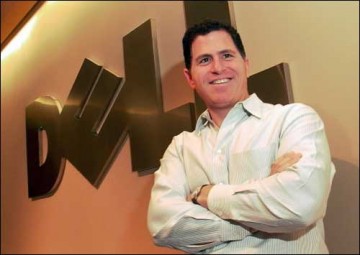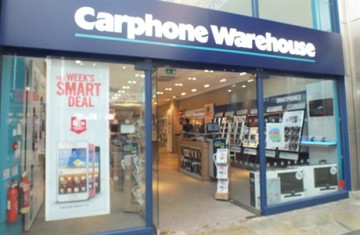 Online retailer Amazon claims that its “prime day” resulted in a boost of sales of 60 percent worldwide.
Online retailer Amazon claims that its “prime day” resulted in a boost of sales of 60 percent worldwide.
Despite early glitches, the retailer said it recorded the largest daily sales for Amazon devices on Tuesday, helped by heavy discounts. The Fire TV Stick was its best-selling device.
Orders rose by more than 50 percent in the United States, Amazon said. Orders placed on the company’s mobile app doubled.
Amazon did not provide total sales figures for the event, which was open only to members of its $99-per-year Prime subscription service.
However it might not have gone as well as Amazon hoped. Analysts noted that the rate of deals selling out was a lot slower than expected, meaning that Amazon was expecting the demand to be higher. However the number were still pretty good.
If orders jumped 60 percent over last year, that could mean sales in excess of $650 million on this year’s Prime Day
Citi analysts had projected up to $1 billion in sales from Prime Day. However, a snag that resulted in some customers being unable to add discounted items to their shopping carts could have affected sales.
Amazon’s potential sales from the event pales in comparison with the more than $14 billion of total value of goods transacted during Alibaba’s Singles’ Day shopping festival in China in November.
Piper Jaffray’s Gene Munster said global unit sales growth of more than 60 percent outperformed the brokerage’s estimate of a 37 percent growth.
The sale is also expected to drive shoppers to the Prime service, which offers original TV programming and access to digital entertainment products such as Prime Music and Prime Video, as well as one-hour delivery of purchases.
Benchmark Co analyst Daniel Kurnos said he expects Prime Day to have added over 6 million new Prime members worldwide and to boost year-over-year revenue growth by 300 basis points.



















